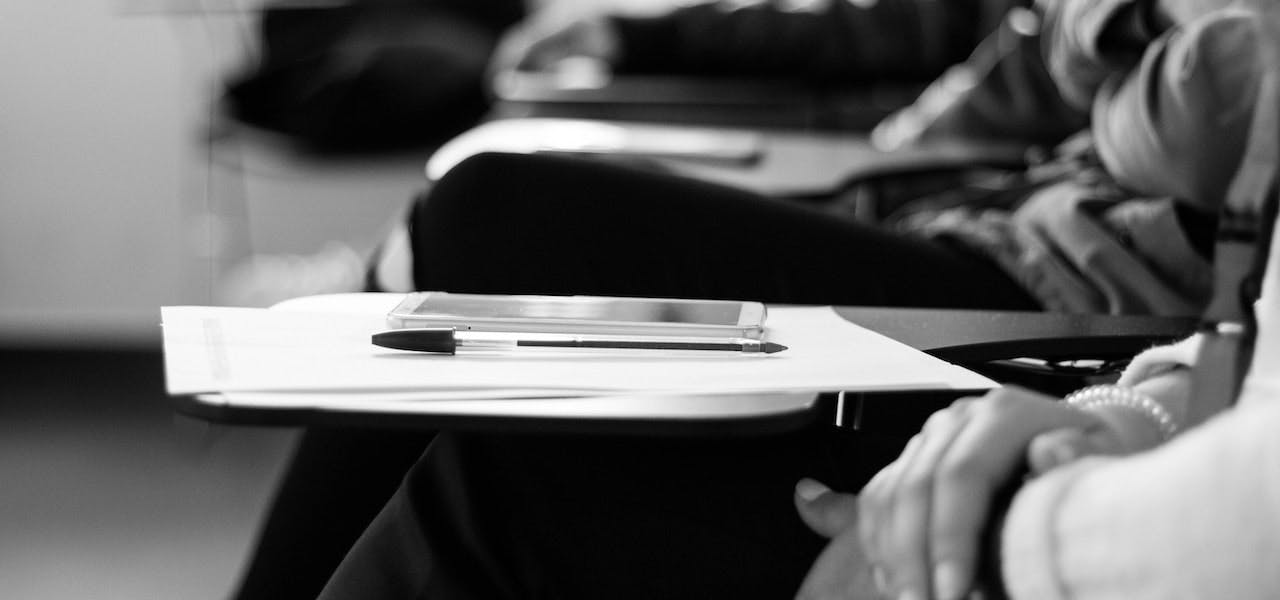When you’re a scholar, you take your entire reputation seriously. From your daily living to your academic name, any slur applied to you can become quickly damaging. One of the worst accusations for any serious scholar is that of academic misconduct.
Whether you’re really at fault or falsely accused, the end result can be the same. A damaged reputation can take years to recover. This stressful time should be taken seriously, but it’s not a helpless situation. There are things that you can do while the academic hearing is unfurling to ensure that your side is fairly represented.
Why Most Academic Misconduct Accusations Occur
Each instance of academic misconduct has its own unique circumstances, but most of them fall under one of these headings:
● Plagiarism - A large percentage of academic misconduct is due to plagiarism. This is when a student copies work from another source and doesn’t clearly cite this. In most instances, the plagiarism is accidental and can be disciplined with a minor consequence if there is no history of it. However, in the upper institutions, this accusation is taken seriously by scholars and can result in expulsion.
● Collusion - A form of misconduct in many fields, collusion occurs when two or more people work together on an assessment that has clearly stated the work should be completed alone.
● Examination misconduct - Just as it sounds, this form of misconduct occurs during an exam. In layman’s terms, it’s called “cheating.” This can include anything from copying off someone else’s work to bringing in your own notes to look on without permission. However, this misconduct can go beyond cheating and include being a distraction to other students or having a phone in the room when you are not supposed to.
The level of discipline and harm to your reputation is parallel to the type of misconduct you are being accused of.
What to Know When You’re Faced with an Accusation
The first official steps after you’re notified of the incident you’re being accused of is a preliminary investigation. During this time, the school will appoint staff to investigate the circumstances surrounding the accusation. If the results appear to be founded, they will be labeled as Poor Academic Practice, Academic Misconduct, or Serious Academic Misconduct. The next steps arise from the results of this preliminary investigation.
You’ll be informed of the results of this investigation in a meeting with the person or people who were part of the determination. They will explain to you what they observed and what the accusation is. Depending on the severity, you may discuss the disciplinary consequences at that time, or you can request a panel to occur to contest the accusation.
Your best recourse of action is to be honest. If you participated in the misconduct, remorse for your actions is the quickest way to a resolution. Never get angry, throw fits, or scream. This can be used against you when the punishment is being determined.
However, if you believe you’ve been wrongfully accused, you can, and should, contest it.
How to Contest an Accusation
When you disagree with the preliminary investigation, you can request an Academic Misconduct Panel hearing. There are four typical steps to this action:
● Verify through the rule books, including any relevant codes of honor, grade policies, and scholarship requirements, that you truly did not do something that fell under their heading of academic misconduct. Just because you weren’t aware of the rule does not make you innocent of it.
● Schedule an appointment with the instructor involved in the subject of your misconduct accusation. Take this time to constructively discuss what occurred and explain your side. Bring witnesses or supporting documentation with you to support your claim of innocence. Your instructor may withdraw their accusation after this, or they may explain to you their reasons for continuing the academic misconduct accusation.
● If the meeting with your instructor is not resolved to your satisfaction, you may request a meeting with the department chair of the school. If they accept your explanation, they can choose to intervene with the instructor or you can choose to accept the disciplinary consequences at this time.
● When none of these steps have resolved the issue, you can request an academic grievance hearing in front of the Academic Misconduct Panel. This is the final opportunity to contest the accusation, and you’ll have to accept the disciplinary decisions from this meeting.
Your institution will have their own processes and requirements for academic misconduct accusations, but these steps are similar almost everywhere.
Get Your Sources Straight with Impactio
An accusation of academic misconduct is a serious thing, and many of those instances could have been avoided with the proper citing of sources. That’s one of the reasons many scholars around the world turn to Impactio for their publications.
With Impactio, you have access to a vast database of sources and citations. Turn your work into a professional PDF profile or web page. You’ll have an impressive-looking submission to go along with your hard work, and you can relax knowing that your citations are in order.
